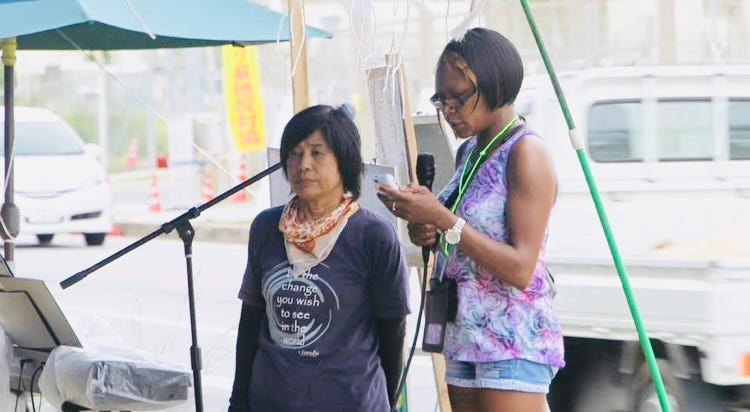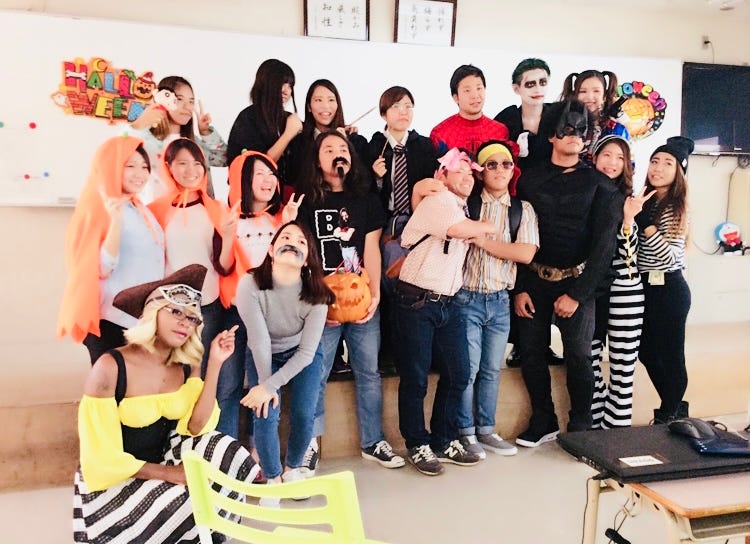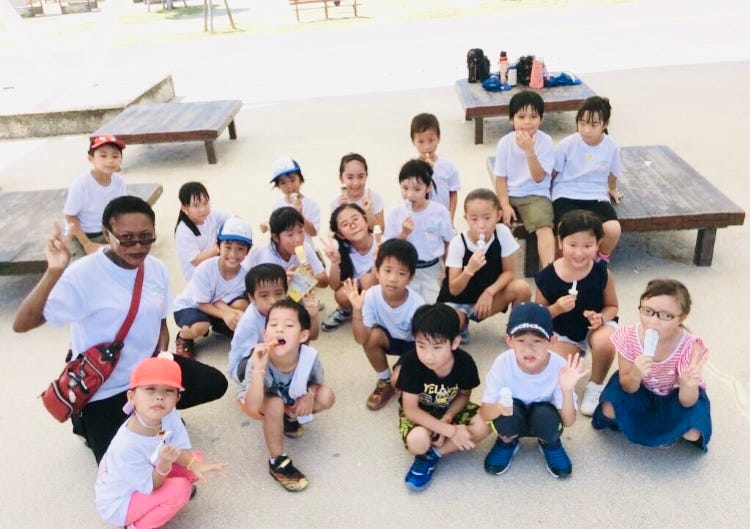Japan after the 2019 pandemic
Post-pandemic Japan has been a revelation to behold.
The system that signposted the country of Japan as a giant in the world’s economy in recent years, might in fact be attributed, almost solely to tourism.
The wearing of face masks in Japan, a practice that was already prominent within society, has become the new social norm. If you don’t wear a face mask in Japan, (regardless of the mandatory mandate for wearing a mask having been lifted) you will be frowned upon, told off and possibly ostracized. This face mask hysteria is often propagated by the Japanese media, which never misses an opportunity to constantly convey to the public the dangers of social interactions, whilst advocating vaccines. This standpoint is not entirely exclusive to Japanese society in this time of social upheaval, but Japan takes face mask-wearing strictness to another level.
English language teaching jobs for foreigners in Japan used to revolve almost solely around native English speakers. Post-pandemic Japan has seen many Japanese, who had originally travelled to Europe or the USA prior to the pandemic, returning to their country of origin with a new set of skills in the form of fluency in the spoken English language. This phenomenon has opened a new avenue for Japanese employers who prefer hiring English-speaking Japanese nationals. Demand for native English speakers has only slightly diminished, nevertheless we are undoubtedly confronted with a glimpse into the future of Japan. Younger Japanese people are embracing the English language, not as a subject to be learned at school, but as a life experience to be lived abroad. This is undeniably a form of generational progress. Japan’s younger legion’s bid for independence from language barriers is a revolutionary movement. It cannot be denied that Japan still has a long way to go in relation to mastering international communication, partly due to the Japanese stubborn resolve to cling to tradition. Nevertheless, we can be hopeful as to post-pandemic changes steering Japan in the direction of embracing a more inclusive global approach towards international relations.
Since the pandemic of 2019, entertainment in Japan has slowed down considerably. The ban on international travel in Japan was lifted on the 11 of October 2022. As the world struggles to regain a sense of order and stability, the influx of tourists in Japan has been negligible. Many locally owned businesses in Japan have collapsed, forever closing their doors after witnessing decades of prosperous trade go up in smoke during Covid-19. The lack of tourism in Japan, which came to a complete standstill during the pandemic, has caused almost irreparable damage to tourist-oriented businesses, as they’ll struggle to recover their former glory. Japan, once the land of dreams for the many foreigners in love with its culture, has now become even more distant and out of reach than the rising sun.
You can read more about Japan’s relationship with tourism in “Easy Japan” by Aurora Mizutani, published in Japanese, English and Italian, and is available on Amazon.






Comments
Post a Comment